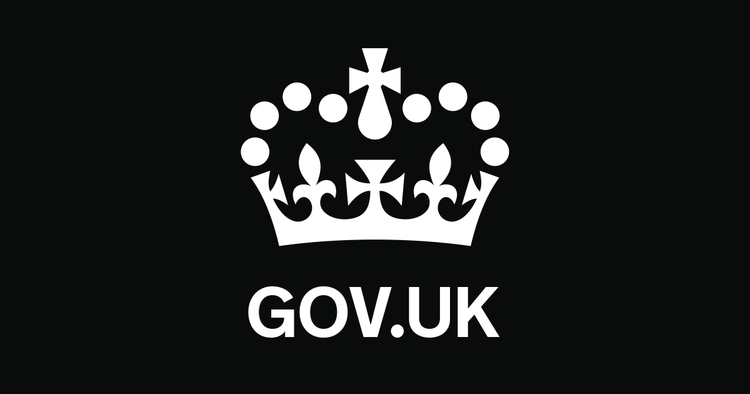Chancellor announces major increase to National Living Wage

On Monday, October 2, the Chancellor revealed that the National Living Wage would increase to reach two-thirds of average earnings.
The UK's lowest paid workers will receive a big increase in hourly pay according to the Chancellor's recent announcement. This decision was made based on the recommendations of the Low Pay Commission and will be revealed in November. The National Living Wage is expected to increase to over £11 an hour by April 2024. As a result, a full-time worker's yearly earnings on the National Living Wage would rise by more than £1,000 in the following year.
Individuals who are currently 23 years old and above can take advantage of the National Living Wage, which is beneficial for more than 2 million low-paid employees as the wage will be increased. Following several raises since it was established in July 2015, this declaration signifies that a full-time worker earning the National Living Wage will receive over £9,000 more than they would have earned in 2010.
Every year, the Low Pay Commission, which is an independent group, provides suggestions to the Government on the rates for the National Living Wage and National Minimum Wage. For the upcoming April 2024 rates, the Low Pay Commission will be making suggestions based on their task to aim for the National Living Wage to be two-thirds of median earnings for individuals aged 21 and above by 2024. They will also be considering economic circumstances.
Estimated percentage of employees who will be receiving the National Living Wage or National Minimum Wage in April of 2023 in various areas of the United Kingdom.
The origins of the National Living Wage can be traced back to April 1, 2016. It was implemented by the UK government as a response to the low wages being received by workers across the country. In fact, reports had shown that approximately five million workers in the UK were being paid below the Living Wage, thus highlighting the need for a change. The NLW was seen as a way to tackle income inequality, boost productivity, and improve the financial stability of households. Since then, the NLW has continued to increase annually, with the latest increase being implemented on April 1, 2021. It now stands at £8.91 per hour for workers aged 23 and over. The NLW has undoubtedly had a positive impact on the lives of many workers in the UK, and it remains an important policy in the fight against low pay.
Rewritten: The article was posted on the 2nd of October in the year 2023.



























































